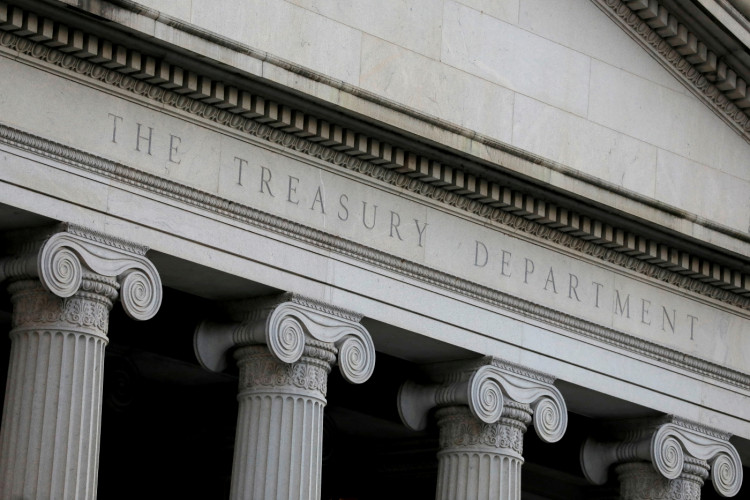In a decisive move against the financial underpinnings of Hamas, the U.S. Treasury Department announced a series of sanctions targeting key members, operatives, and financial facilitators linked to the terrorist organization. This action, which encompasses individuals and entities in Gaza, Sudan, Turkey, Algeria, and Qatar, underscores Washington's commitment to disrupting the revenue streams that fuel Hamas's activities.
The sanctions were imposed on ten significant figures within Hamas, including those managing a covert Hamas investment portfolio, a Qatar-based financial facilitator with close ties to the Iranian regime, a prominent Hamas commander, and a Gaza-based virtual currency exchange along with its operator. This move is part of an ongoing U.S. effort to dismantle Hamas's financial sources in the West Bank, Gaza, and the broader region, closely coordinated with regional allies.
Secretary of the Treasury Janet L. Yellen emphasized the U.S.'s determination in this endeavor, stating, "The United States is taking swift and decisive action to target Hamas's financiers and facilitators following its brutal and unconscionable massacre of Israeli civilians, including children." She further highlighted the Treasury's historical success in disrupting terror finance and affirmed the U.S.'s commitment to denying Hamas the financial means to perpetrate terror.
This recent action builds upon previous sanctions, notably those from May 2022, which targeted officials and companies involved in managing Hamas's covert international investment portfolio. Beyond the funds Hamas receives from Iran, its global investment portfolio, estimated to be worth hundreds of millions of dollars, generates substantial revenue. These companies, operating in countries like Sudan, Algeria, Turkey, and the UAE, often masquerade as legitimate businesses, with their representatives striving to hide Hamas's control over their assets.
Among those sanctioned are six individuals associated with Hamas's covert investment portfolio, two senior Hamas officials, and a Gaza-based virtual currency exchange with its operator. The sanctioned individuals and entities have been involved in various illicit activities, from managing vast sums of money for Hamas to facilitating funds for the organization through a network of large companies.
Furthermore, the sanctions have targeted two senior Hamas operatives: Muhammad Ahmad 'Abd Al-Dayim Nasrallah, based in Qatar, and Ayman Nofal, who was reportedly killed in a recent airstrike in Gaza. Both have played pivotal roles within the organization, with Nasrallah having close ties to Iranian elements and being involved in transferring substantial funds to Hamas.
The U.S. action also spotlighted the role of virtual currency in funding terrorist activities. In June 2021, Israel's National Bureau for Counter Terrorist Financing seized several virtual currency wallets connected to a Hamas fundraising campaign. One of these wallets belonged to Buy Cash Money and Money Transfer Company, a Gaza-based business offering money transfer and virtual currency exchange services, including Bitcoin.
In response to these sanctions, all property and interests in property of the designated individuals and entities within the U.S. or under U.S. jurisdiction are now blocked. The U.S. government has urged its citizens and financial institutions to be vigilant, as engaging in transactions with sanctioned entities could lead to further sanctions or legal actions.
As the international community grapples with the challenges of terrorist financing, these sanctions represent a clear message from the U.S.: the financial networks supporting terrorism will be identified, targeted, and dismantled.





